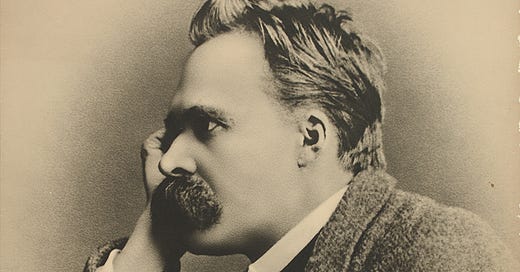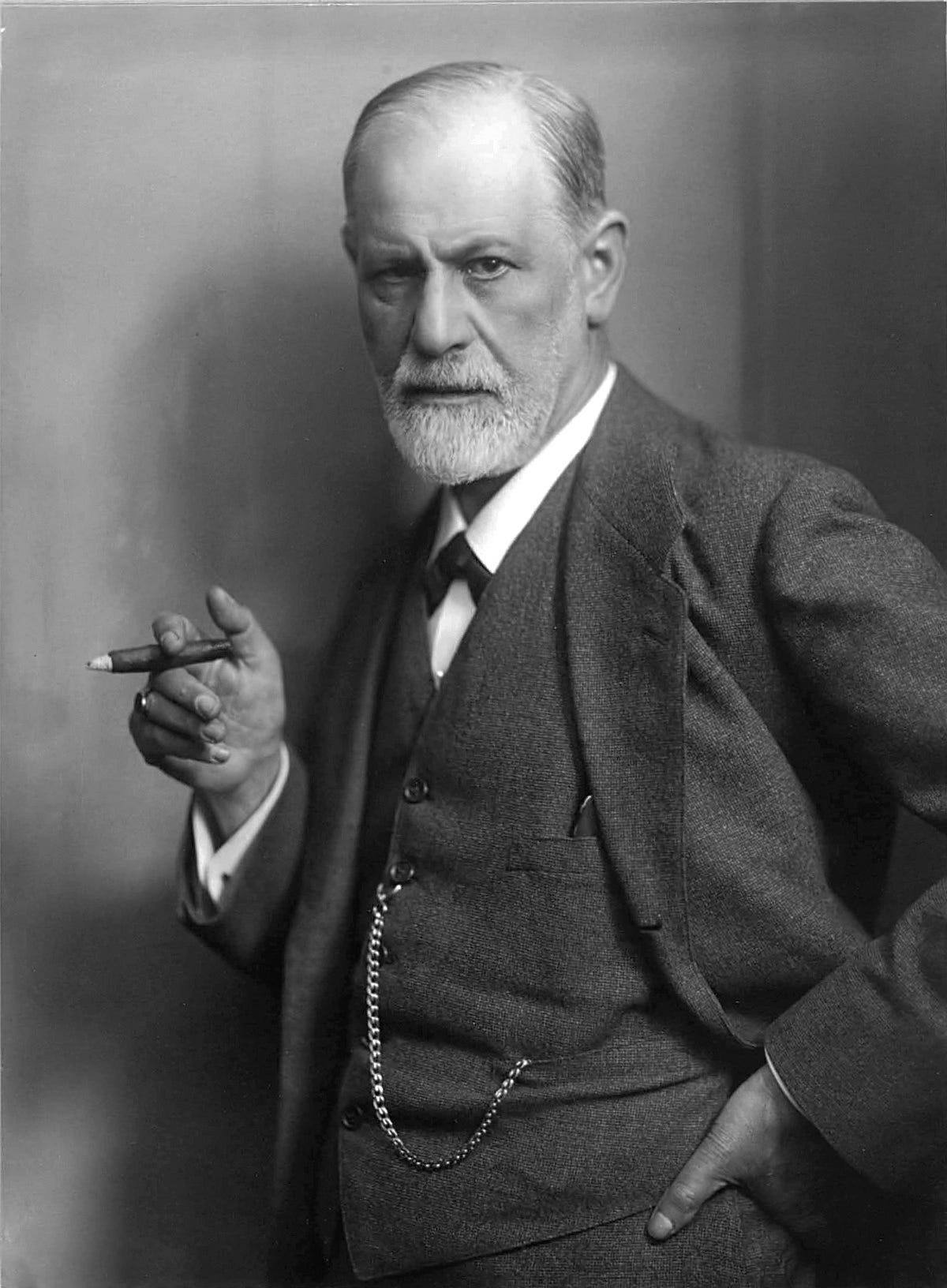Political and cultural history of the German mind
Review of The German Genius: Europe's Third Renaissance, the Second Scientific Revolution, and the Twentieth Century by Peter Watson
As Watson makes clear in his introduction, the principal idea behind this book is that the Holocaust should not completely dominate our perception of German culture, which he sets out to explain and partially redeem. This is a massive intellectual undertaking. Watson explores the flowering of the German mind from 1750 to 1933, including some of its transformation post-World War II. Though often a bit too encyclopedic, Watson succeeds in putting it all into context without neglecting the meaning and import of Hitler. As a read, it is thoroughly engrossing and enlightening, an inspiration regarding a subject that western historians have indeed neglected.
The story begins with the father of Frederick the Great, when he instituted a more comprehensive educational system. He was a pietist, the Prussian version of Calvinism, with a firm belief in education as a way to improve one's character and, by implication, the nation; this process was called the Bildung, a grounding in general culture in the humanities, with an emphasis on classical antiquity.
Frederick the Great expanded his father's policies, but in the tradition of the Enlightenment, his approach was more secular and skeptical. This led directly to the emergence of an educated middle class, the largest in Europe, with rates of literacy far beyond all other nations. They were intended to be the employees in the bureaucracy as well as secular replacements for clerics and pastors. This also culminated in the establishment of the modern research university in the 19thcentury, complete with PhDs, specialized publications, and research institutes that far surpassed those in other western countries in both quantity and quality.
In addition to this, given the autocratic nature of the Prussian state, the Bildung was largely inward-oriented – encouraging introspection and self-betterment rather than political reform or activism. Not surprisingly, this created a serious tension within the society, a kind of top-down imposition of policies by the state for which there was little alternative.
Nonetheless, to fill the void that secularism was opening in German hearts and minds, Watson argues that philosophy rose to take Christianity's place with the idealist concepts of Kant and Hegel, to mention only two; this makes for some pretty turgid reading and cannot really serve as an introduction to their complex and often obscure contributions to western thought. Beyond philosophy, there was an extraordinary flowering in all the arts, from writers and painters to composers. That being said, the population apparently persisted in placing a significantly larger amount of unquestioning trust in the authorities, who “knew better” and “had their interests at heart”; this left much of the German political culture stunted and undemocratic until after World War II.
During the 19th century, the innovators themselves, though too numerous to cover in any depth, are sketched out in context, often showing their inter-relationships. For example, starting with Beethoven, the great German symphonies were regarded as philosophical works, mirroring their counterparts in the academy; this astonished me. Innovators included Nietzsche, who opened the way to post-modernism, essentially denying that any meaning or truth can be taken as absolute or categorical, but is only relative and uncertain. (He summed this up as “God is dead.”)
In the economic realm, there was Marx, of course, whose revolutionary philosophy was one of the most consequential of the 20th century. Though exiled to London, he continued to write in German.
Freud introduced new concepts as well, leading to a therapeutic approach that attempted to make sense of one's life as a meaningful narrative, i.e. a new kind of introspection that quickly spread to the rest of the world and, in my opinion, remains a centerpiece of the modern mindset. While the thumbnail portraits are fascinating, they are of necessity rather superficial and vary in quality. (For example, Watson makes some pretty categorical claims about Freud's accomplishments, dismissing them as “wrong” or arrived at under “faulty” methods without offering sufficient proof.) I sometimes found this frustrating.
According to Watson, it was at the dawn of the German industrial revolution that the balance of power began to change in Germany: manufacturers, managers, technologists, and financiers eventually displaced the cultured bourgeoisie, whose humanistic Bildung could no longer monopolize elite status outside of royalty and the aristocracy. Furthermore, scientists were also gaining in influence, again de-emphasizing the introspective underpinnings of the Bildung. With the lack of political reform, Watson argues, this left less and less space for the middle classes to influence society; when the economy collapsed bourgeois liberals could offer little effective opposition to the fascists.
To his credit, Watson acknowledges that the rise of the Nazis and their apocalyptic excesses may never be fully explained. Nonetheless, he shows how they transmogrified many of the innovations credited to the great German intellectuals, such as Nietzsche's superman concept, social Darwinist racism and eugenics, and Fichte’s concept of a superior “Volksgeist” or “spirit” of the German people (always a nebulous notion to me). Watson also covers how the Nazis and those willing to unquestioningly follow them, including Heidegger and many other intellectuals, destroyed much of the educational and research systems that had grown over the previous 200 years. As everyone knows, it is a sad chapter from which Germany is still recovering.
Finally, Watson argues, once the western allies created the Federal Republic in the west, the break with a past of paternal authoritarianism is at last accomplished. With the institutional groundwork imposed from outside, the protests of 1968 set off a transformation towards modern democracy, according to which the younger generation asked questions that the older one was unable to do, in particular when addressing the Nazi past. This was the least convincing to me, kind of thrown in at the end, and eastern Germany is barely even mentioned. Having lived in Germany near to this time, I still found students rather rigid in their ideologies and arrogant as to the superiority of the German culture over American capitalism (“Die Amerikaner haben keine Kultur.”) That being said, I completely agree with the author that Germany has created a decent society that has grown beyond the Nazi catastrophe.
I cannot do justice to the breadth of Watson's coverage. For example, towards the end, he abruptly gets into Heidegger's warnings about technology, which (he argues) the age of genetic engineering has proven “relevant”; I was left unconvinced and feel that Heidegger is over-rated as a philosopher for nationalistic reasons. Nonetheless, in terms of content, Watson offers an exquisite sketch of the basics. I am not sure if what he claims is true – that the intellectual movements always meant what he says they did – but the connections often made sense to me and put things in a new light. This is a great intellectual adventure and it left me very hungry for more, a sure sign of the book's success.








I am quite travel averse, and the closest I can come to your sojourn in Germany is two weeks spent in francophone Montreal. Nonetheless, at least some of the "arrogance" you found in those students is probably inherent both in the language itself and the degree to which any given culture chooses to "mask" around other cultures. I have read that Americans tend to be rather overtly obsequious in speech in comparison to others in some regards-while still being overbearing in intent and arrogant in our "exceptionalism".
I often see people complain about others (particularly younger people) saying, "No worries", or "No problem" instead of a proper "I'm sorry", or "Mea culpa, mea culpa, mea maxima culpa". Being from Seattle, the birthplace of Nordstrom (where the customer is ALWAYS right), I was surprised in Montreal when after I admired the pattern of a skirt displayed in the shop window (and not found on their racks) the clerk, was unwilling to sell that particular skirt to me (as would have been the case in any Nordstrom store).
It sounds like the shortfall of this book was in attempting to show how certain philosophers influenced German society and led it to Nazism. I am less convinced that the "Great thinkers" of a given society influence it rather than that they reflect it and their ideas are taken up by population that find that their ideas formalize and fill a "need". MUCH ink has been spent on the rise of Hitler and fascism, but it often neglects the outsized role of industrialization and confederation among a relatively large population that was not a "country" until well into the 19th Century. And one of the myths that has come out of WWII is that antisemitism was a uniquely German phenomenon-when in fact it was endemic in Europe and Hitler simply leveraged it and practiced it in an industrialized way.